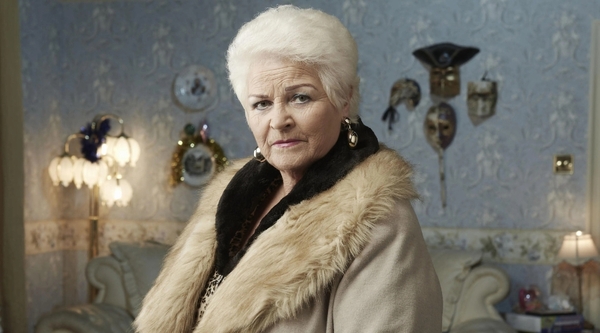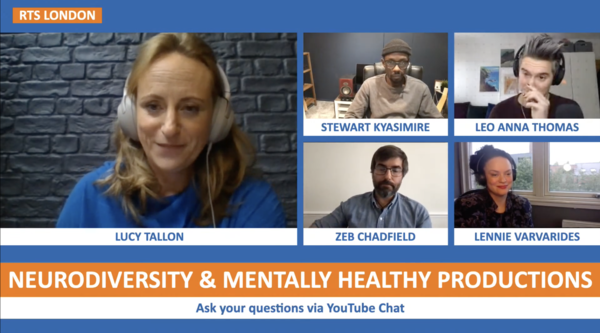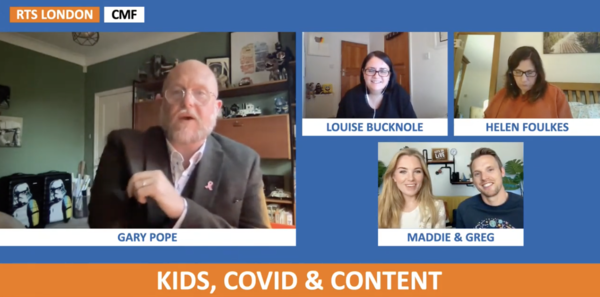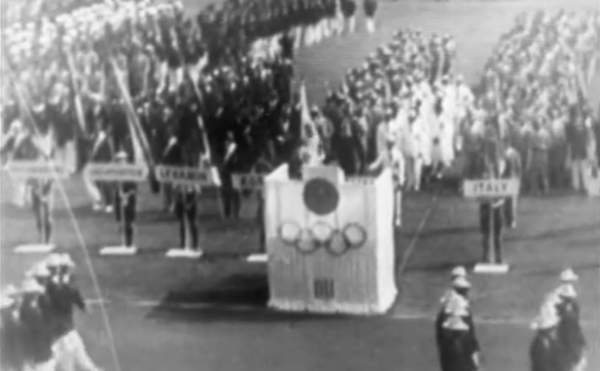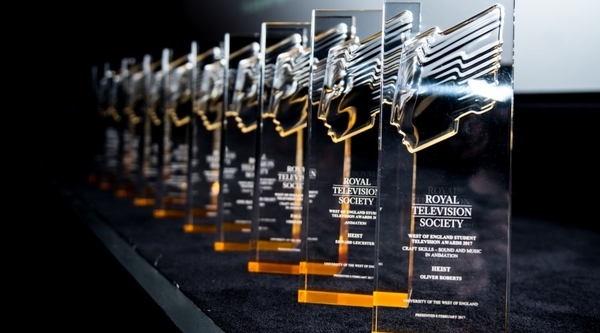Can smartphones be used for cinematography?
It served as a jumping-off point for a look at examples of work by Steven Soderbergh and Ridley Scott shot on smartphones to demonstrate how far these devices can go in the hands of expert cinematographers.
Mulcahy revealed how to get the most out of these powerful ‘entertainment devices’. Tips on framing, sound and storytelling kept the audience enthralled. A full house used the Q&A to ask about squeezing out the most from their iPhones and the best editing software to use. The event was produced by David Thomas and held at the University of Westminster in mid-May.


